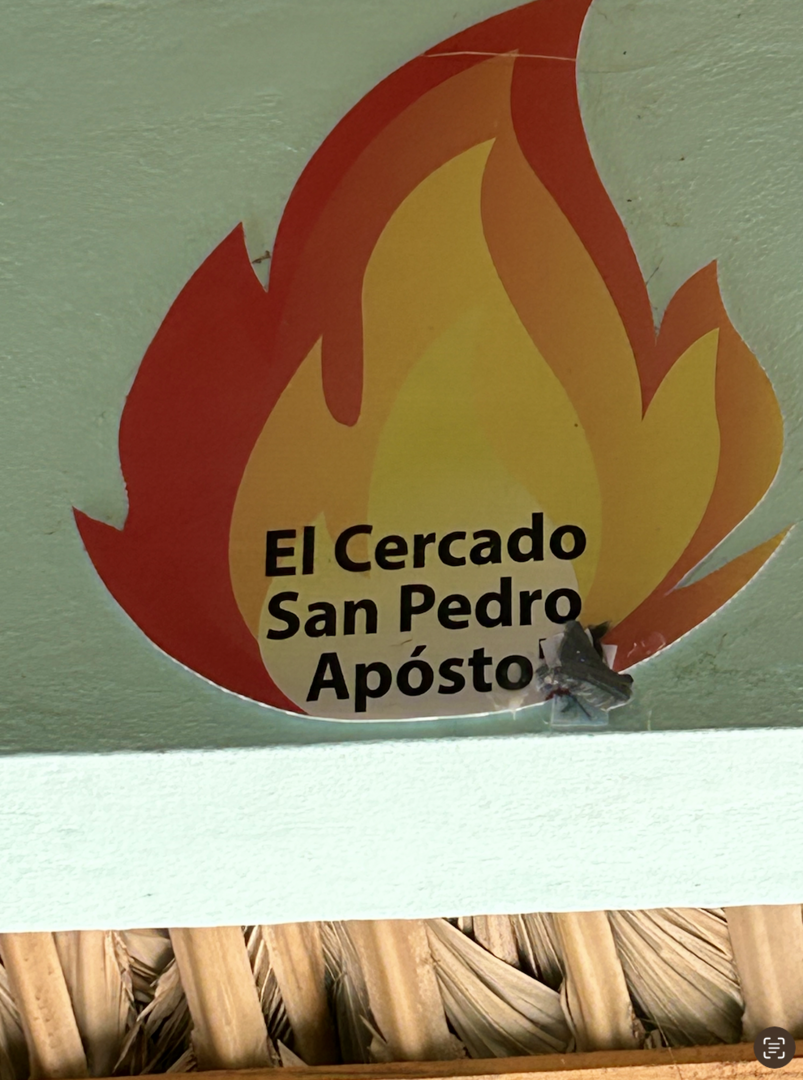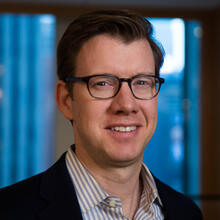When Pope Francis gave a firm “no” to women deacons in an interview with Norah O’Donnell of “60 Minutes” in May, but noted quickly that “women have always had…the function of deaconesses,” my mind traveled back to November of last year, when I made a visit to the Dominican Republic and saw the work of one of these women firsthand. I also thought of my colleague Colleen Dulle, who recently visited Argentina with the Pontifical Mission Societies and encountered catechists, many of them women, who bring the Gospel to the shanty towns in Buenos Aires and the mountain towns beyond.
I offer these reflections as a way to understand the context of the pope’s remarks, and to think about the ministry he is calling all of us to consider.
El Cercado is a mountain town in the Dominican Republic not far from the Haitian border. I traveled there with my godfather, the Rev. John I. Cervini, a priest of the Diocese of Rockville Centre on Long Island, who spent 17 years there as pastor to the community. Rockville Centre is one of several U.S. dioceses with mission parishes in “the D.R.”
The Church of San Pedro Apóstol is located across from the town square in El Cercado, but we stayed a short drive away at a retreat center built by “Padre Juan” and his pastoral team, with support from benefactors in Long Island. It’s a beautiful setting, with views of the mountains and a prayer garden with the Stations of the Cross. In the mornings we drank coffee in the cantina; at night we drank Presidentes on the roof deck.

One of the images that remains with me from my stay is the gazebo at the entrance to the retreat house and the paintings inside, hanging in a circle from the gazebo’s roof. Each depicted a tongue of fire and represented one of 14 districts in the surrounding area that oversaw 85 “basic ecclesial communities.” Community leaders would gather at the gazebo for days of pastoral planning and spiritual reflection and then return home to carry out their mission.
The history of these base ecclesial communities goes back to the meeting of Latin American bishops in Medellín, Colombia, in 1968. They were also supported by the theologian Gustavo Gutiérrez, who brought together pastoral workers from around Latin America to train them in evangelization and community organizing.
One of those leaders is Joana Peterson, a lay minister from the United States who has spent over 40 years in the Dominican Republic. She is a critical part of the pastoral team at San Pedro Apóstol, visiting seniors, working with the local Fe y Alegría schools and training local residents in sustainable farming techniques. She is an ever-present, respected presence in the community, and the bishop is known to seek her counsel.
Strong lay leadership is also a feature of church life in Argentina. One of the takeaways from Colleen’s trip, which she shared on a recent episode of America’s “Inside the Vatican” podcast, is the key role played by catechists in spreading the faith where priests are scarce. This is no doubt why Pope Francis decided to elevate catechists to an official ministry of the church in 2021. He knows how essential they are to the church in his home country.
We are spoiled in the United States. We have grown used to having priests available to say Mass on weekdays and multiple Masses on Sundays. That is changing, of course, and we are beginning to understand how the church has survived in other countries without a steady supply of priestly vocations. Especially in Latin America, laypeople have played a critical role, leading communities and carrying out the corporal and spiritual works of mercy.
Women have always been part of that picture. I think that is what Pope Francis means when he says that “we have always had” deaconesses. In other words, “we have always had” non-ordained women committed to lives of service, women like Joana and like the catechists Colleen met in Argentina.
By elevating the role of the catechist in church life, Pope Francis tried to recognize the essential contribution of lay ministers. He was also reminding us that ministry in the church is not the responsibility of the ordained alone. We are all called to serve, and sometimes, I think, Pope Francis is suggesting that discussions about ordination can distract from that.
Of course, ordination is a question that will continue to be discussed, even if Pope Francis has made his thoughts on women deacons known. But if the only debate sparked by our vocations crisis is about ordination, of women or married men, I think that’s a missed opportunity. We all have to find ways to serve the church. The sooner we discern how to do that, the healthier our church will be.
Speaking of leadership, our editor, Sam Sawyer, S.J., is currently away on tertianship, the final stage of Jesuit formation. He will return to this space in the October issue.







